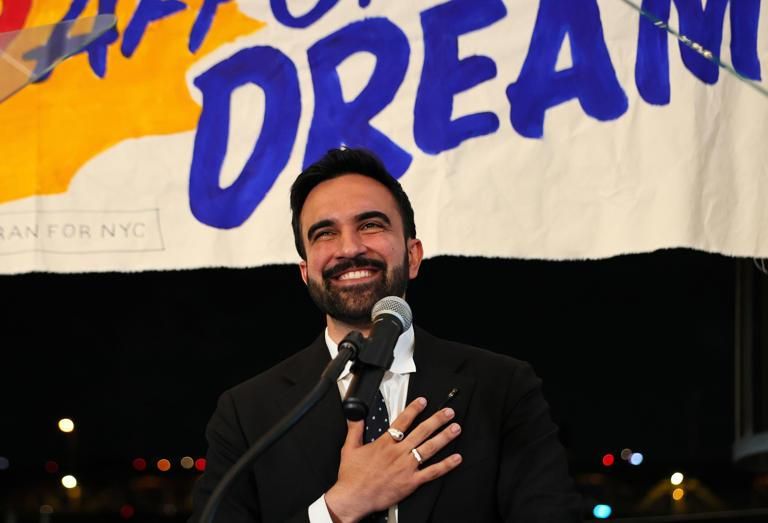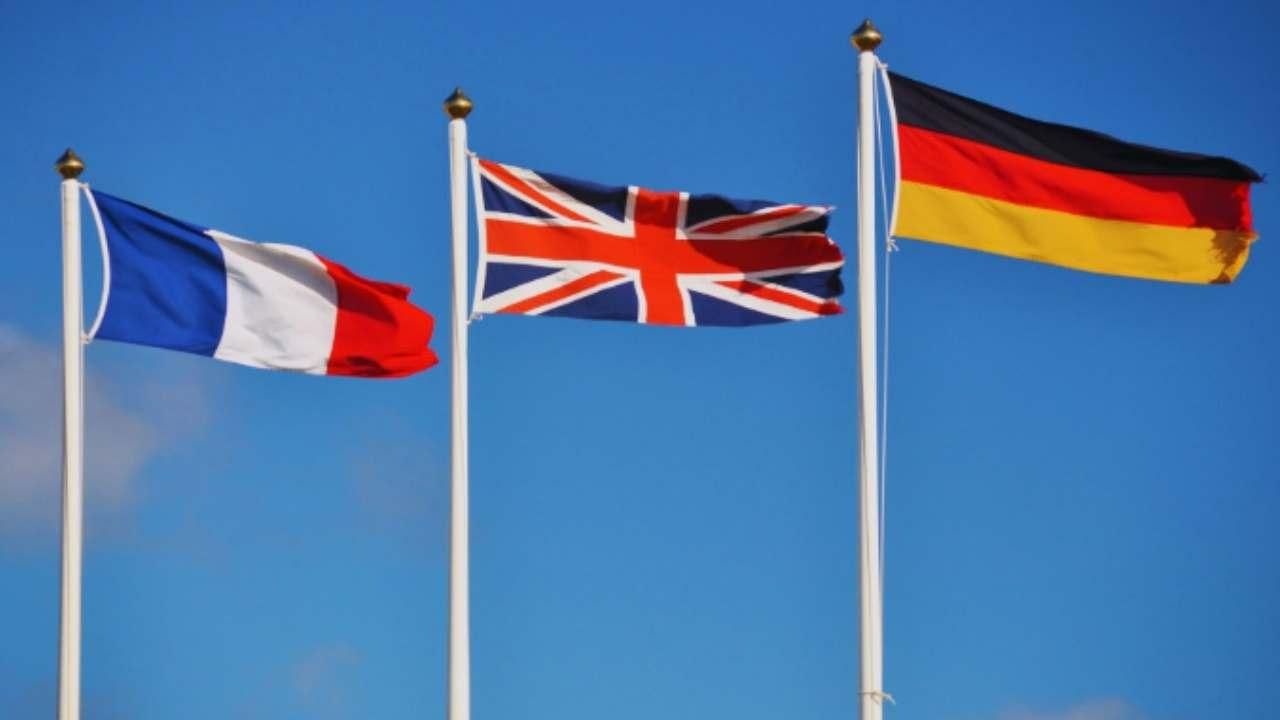The UK government may consider introducing its own low-cost baby formula, potentially under an NHS brand, to tackle high prices and limited options in the market, according to the Competition and Markets Authority (CMA).
The CMA also suggested that another option could be to impose price or profit caps on retailers to help lower costs for parents more quickly.
These proposals were part of the CMA’s interim report on the infant formula market, which found that limited competition has driven up prices, exploiting the common belief among parents that higher prices mean better quality for their babies.
The CMA report has set out a number of potential recommendations including extending the ban on the advertising of infant formula to follow-on formula, or going as far as “prohibiting all brand-related advertising”.
Sarah Cardell, the chief executive of the CMA, said: “We’re concerned that companies don’t compete strongly on price and many parents – who may be choosing infant formula in vulnerable circumstances and without clear information – opt for more expensive products, equating higher costs with better quality for their baby.”
The provisional findings, which will feed into a final report set to be published early next year, also includes some backstop measures that the CMA said were not actively recommended at this stage but that the government could make “with the aim of bringing prices down directly”.
One option is for the government to procure its own infant formula from a third-party manufacturer at a competitive price and look to sell it under an established name – such the NHS – or invest in creating a new brand for the market.
“This intervention aims to introduce greater choice for parents and a lower price point,” the CMA said. “In turn, it may also put downward pressure on other manufacturers’ prices.”
Another option is to introduce regulations to cap a maximum price on baby and infant formula, or establish profit margin cap, which the Greek government did earlier this year with the aim of making products more affordable for parents.
The Iceland boss Richard Walker has called on the UK government to introduce a price cap to stop parent “exploitation” in the infant formula market.
The CMA said that there might be a case for direct government intervention because other measures it does recommend, such as clearer, more accurate and impartial information in promotions in-store, might still fail to bring down prices and also lead parents to stop equating high prices with better quality.
“Parents’ deeply entrenched behaviours in this market, understandably driven by wanting to do what is ‘best’ for their baby, may mean that those measures have limited impact in bringing down prices or giving parents confidence to purchase cheaper options, at least in the short to medium term,” the CMA said. “More interventionist measures may therefore be needed to bring prices down in the market more directly, and with more certainty.”
The CMA launched its investigation into the UK market last November after finding that manufacturers raised prices by 25% in two years and managed to increase profit margins during the cost of living crisis.
The CMA said there are two dominant companies – Danone and Nestlé – accounting for 85% of sales.
The regulator said it was concerned there was too little choice in the market, with a very limited number of own-label products, and that very few parents were switching to cheaper options where available.








.svg)
